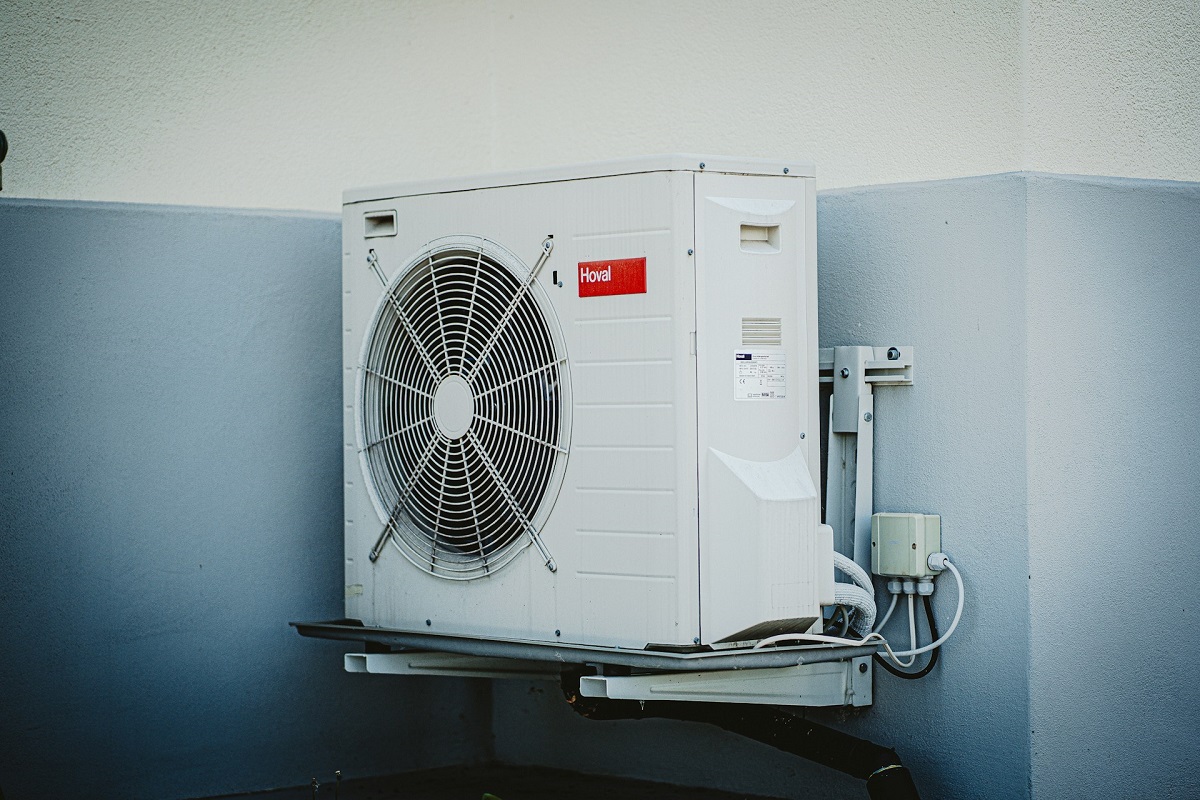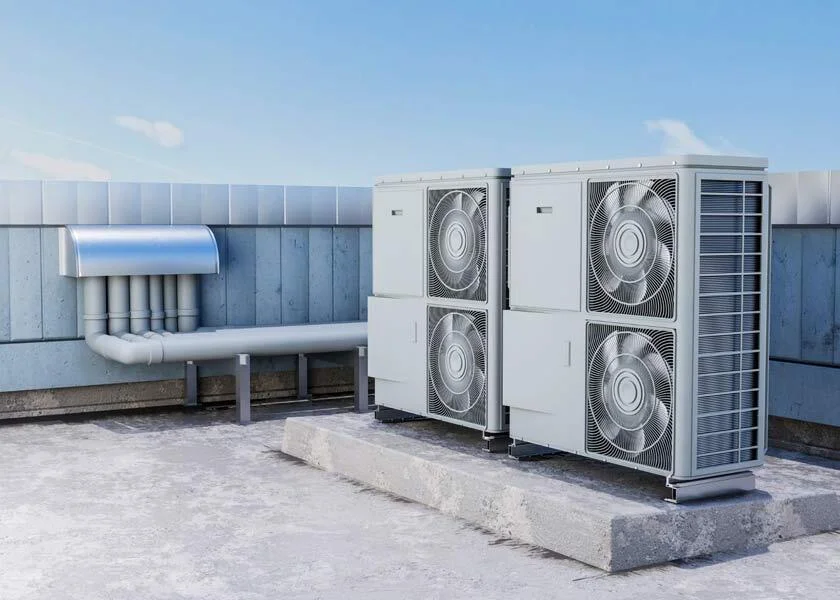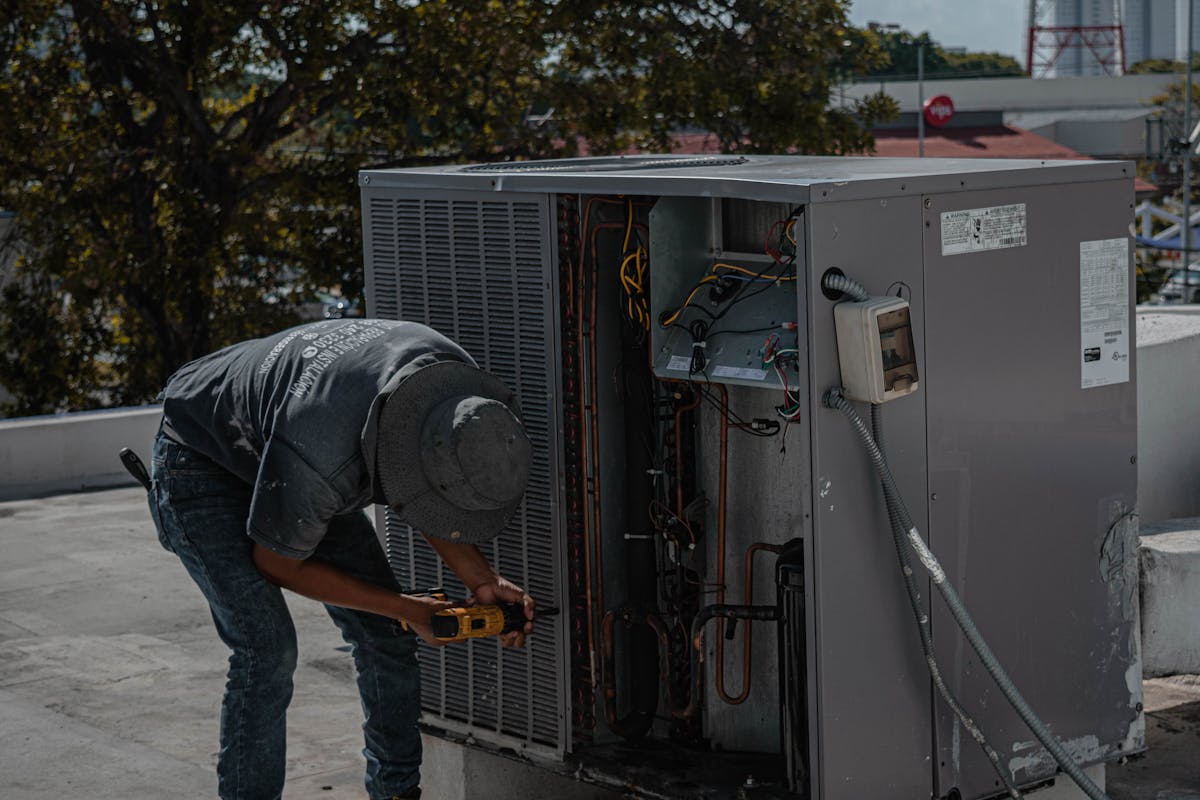
It’s no easy feat staying cool in the heat of Louisiana and your HVAC system has a lot to do with it. But with options like ductless HVAC and central air, how do you know which one is best for your home or business?
Here’s the truth: there is no one-size-fits-all solution. Each has its own benefits. Your best option will depend on your space, what you use it for, and how much say you want over your energy costs.
Let’s separate what’s truly important so you can make the intelligent decision for your comfort.
- Understanding the Basics of Ductless HVAC and Central Air
- Energy Efficiency, A Simple Comparison
- Installation Factors, What You Need to Know
- Upfront Cost vs Long-Term Savings
- Temperature and Comfort Control
- Aesthetic and Space Considerations
- Maintenance and Longevity of the Systems
- Quick Decision Guide, Which One Should You Choose?
- Need Help Deciding? Call the Experts
Understanding the Basics of Ductless HVAC and Central Air
A ductless HVAC system—also referred to as a mini split operates without ducts. Rather, it employs an outside compressor linked to indoor air handlers installed directly within the rooms you wish to heat or cool. You can have each air handler individually controlled, providing you with complete flexibility.
Central air conditioning has one big unit to chill air and send it through a network of ducts. That chilled air travels through vents into each room.
Both do the job. But how they do it, and how much they cost to run, can be quite different.
Energy Efficiency, A Simple Comparison
Energy efficiency is one of the largest reasons why individuals tend toward ductless systems. With the use of conventional ductwork, as much as 30 percent of your cooled air can get lost through leakage or bad insulation.
Ductless HVAC systems eliminate that problem altogether. They provide air directly where it’s needed no waste through ductwork.
On mini split vs central air energy efficiency, ductless systems tend to have higher energy ratings. Central air may nevertheless be the appropriate choice for very large homes, but ductless tends to head the pack if energy savings take top priority.
Installation Factors, What You Need to Know
Installation can prove to be a deal-breaker for some residents and here’s why:
Ductless HVAC: Installation is typically rapid and simple. No ripping through walls or ceilings to install ducts. This makes ductless an excellent choice for homes with a lot of old construction, home additions, or spaces where ducts simply won’t do.
Central Air: Suits best in homes with existing ductwork. But if your home lacks ducts, installing them can become costly and time-consuming.
No ductwork in your home? It might save you from the high cost of major renovations.
Upfront Cost vs Long-Term Savings
It’s simple to pay attention to the initial cost but that’s not the whole story.
Ductless HVAC units can be more expensive per unit, particularly if you’re having several indoor units for various zones.
But if you’re just cooling part of your home, ductless will pay you back every month on your energy bills.
Central air may seem cheaper upfront if your ducts are already in great shape. But if they’re old or leaky, your energy bills can rise over time.
Always weigh the initial cost against the long-term operating cost before you decide.
Temperature and Comfort Control
Comfort is not merely cool air t’s also control.
With ductless HVAC, you have zoned cooling. That means every room or zone has its own temperature control. So if someone wants the bedroom cooler and another wants the living room warmer, everyone has what they want.
Central air provides you with consistent cooling throughout the entire house, but typically only one thermostat setting for the entire area.
If your home or office has varying preferences for various rooms, zoned control from ductless may be the better fit.
Aesthetic and Space Considerations
Appearance counts too.
Ductless systems utilize wall or ceiling-mounted air handlers that are in sight within the room. Some find their sleek look appealing others would rather not see them at all.
Central air, conversely, has everything out of sight behind walls and ceilings, with only minor vents in evidence.
If an invisible, clean appearance is high on your home’s list of priorities, central air may seem like a better choice.
Maintenance and Longevity of the Systems
Regular maintenance keeps the two systems in good working order but the kind of attention they require is slightly different.
Ductless HVAC: Requires regular cleaning of filters and regular professional checkups. No ducts to worry about, so maintenance remains basic.
Central Air: In addition to changing the filters, the ducts themselves will need to be cleaned in order to avoid dust accumulation and airflow problems.
Regardless of which system you select, staying on top of maintenance will add years to the life of your system and keep your utility bills manageable.
Quick Decision Guide, Which One Should You Choose?
Still undecided? Here’s a quick guide to assist you in making your decision:
Select ductless HVAC if:
- You desire the convenience of individual room control.
- Your house lacks pre existing ductwork.
- You value energy efficiency and lower monthly payments.
Stay with central air if:
- Your house already has existing ductwork in good condition.
- You like a system that’s out of sight.
- You desire whole home cooling with one thermostat, day in and day out.
Need Help Deciding? Call the Experts
Deciding between ductless HVAC and central air doesn’t have to be daunting. Optimum Air Solutions is here to assist.
Whether you’re inclined toward ductless, wondering about central air, or simply want a pro’s advice, we’re here to walk you through it. We’ll assist you in determining the system that best suits your home, your comfort level, and your wallet.
Call today for a no-charge consultation. Let’s ensure you remain cool and comfortable, no guessing required.
continue reading
Related Posts
There’s a simple truth when it comes to your HVAC
“Efficiency isn’t just about comfort. It’s about cost and resale.”
“An ounce of prevention is worth a pound of cure.”






